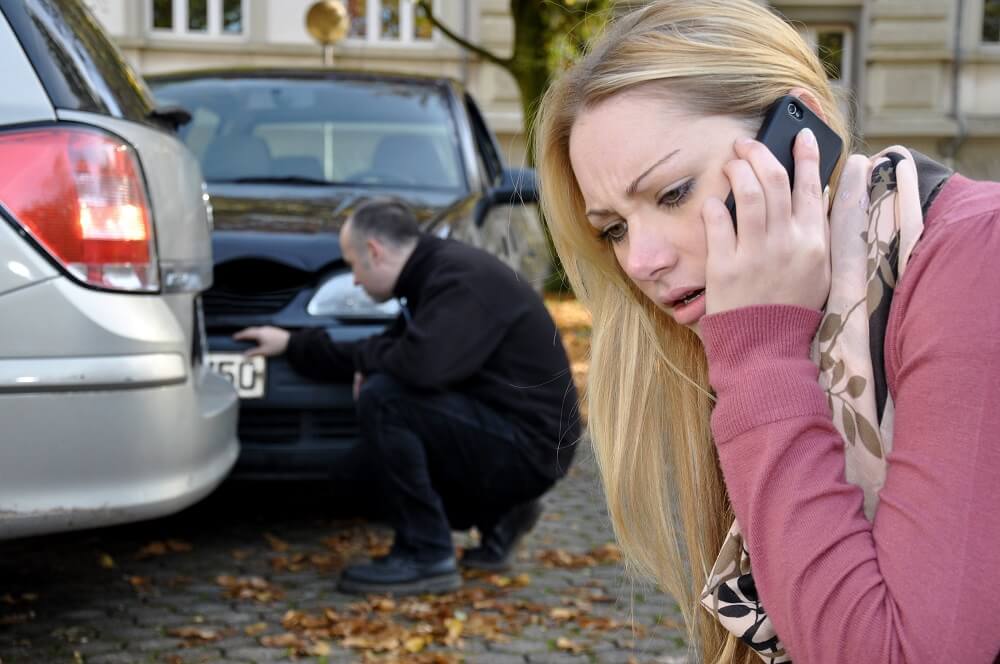
Florida has no legal requirement that you include a police report when you file an insurance claim. However, insurers may be more likely to approve your claim if you submit one. It’s also important to know that there are circumstances where a police report is legally required. Regardless of whether the law requires a report, including a police report with your claim can speed up the process and help you recover compensation.
The Florida car accident attorneys at Phillips | Tadros, P.A. can help you with getting your police report and seeking compensation after a crash. To learn more about car insurance claims in Florida and how a police report can help you pursue the money you need after a collision, contact us for a free consultation.
How Does Having a Police Accident Report Help in an Insurance Claim?
Insurance companies are eager to deny claims. For the insurer to approve your claim, you will need to provide evidence of the accident. The easiest way to do this is to include a police report with your claim. Insurers will use their account to evaluate your claim. If you do not have a police report with your claim, the insurance company will likely require you to provide other evidence of the crash and make you work harder before paying your claim.
Including a police report with your insurance claim can also help your case by demonstrating who was at fault in the accident. Remember that under Florida’s no-fault insurance system, you must file a claim with your insurance provider before pursuing a claim against the other driver. Your insurance provider and the other driver’s insurer will probably want a police report, meaning it is in your interest to request your accident report as soon as possible and review it for accuracy. Evidence from a police report can help you show how the other driver caused your injuries, making it easier for you to recover compensation.
Are You Required to Report Accidents to the Police?
Florida law spells out the circumstance for when you must report an accident to the police. You must report a crash to the police if the collision caused any injuries, deaths, or more than $500 in property damage. Considering that even minor car accidents can cause more than $500 in property damage, the reality is you have to report a crash to the police in most circumstances. The law also says you must “immediately” notify the police about the accident, though they will likely cut you some slack if you sustained severe or life-threatening injuries.
The law also requires the responding officer to submit a crash report to the relevant department within 10 days of the collision under these circumstances:
- The accident resulted in death or personal injury.
- The crash was a hit-and-run.
- The crash involved a driver under the influence of alcohol.
- A vehicle involved in the collision was so damaged it had to be removed by a wrecker.
- The accident involved a commercial motor vehicle.
This law also applies to accidents without injuries or deaths that cause less than $500 in property damage. Police must submit a long form crash report to the Florida Department of Highway Safety and Motor Vehicles within 10 days of the accident.
What Must Be Included in a Police Accident Report?
A police report filed for a West Virginia car accident must include the following information:
- Name, address, and driver’s license number for each driver
- Insurance information for each driver
- The crash date and time
- The approximate location of the crash
- Model year, make, model, and license plate number for each car involved
- Who owns the vehicle and their address, if it is separate from your address
- Names and contact information of any witnesses to the accident
- The names of any passengers in your vehicle and their addresses, if they do not live with you or the vehicle’s owner
How Do I File a Police Report and Obtain a Copy in Florida?
If the police do not respond to an accident and you need to file a crash report, you can do so online or by sending the required form to the following address:
Florida Department of Highway Safety and Motor Vehicles
Crash Records
2900 Apalachee Parkway, MS 28
Tallahassee, FL 32399
If you need to request a police accident report, the easiest way is to purchase it online from the Florida Department of Highway Safety and Motor Vehicles (FLHSMV). Each report you purchase costs $10, and buying your report online also requires you to pay a $2 convenience fee. A car accident lawyer can help you request your report directly from the police if you want to avoid going through the online process.
What Should I Do After Being Involved in an Accident?
Here are the key steps to take to protect your right to compensation after a Florida car accident:
- Call the police and notify them about the crash.
- Ask the other driver for their name, address, driver’s license number, license plate number, vehicle registration number, and insurance information.
- Take pictures of your injuries, the damage to any vehicles involved in the crash, and any apparent hazards in the area.
- Look around for eyewitnesses and ask for their contact information. It is also good to check for nearby traffic or surveillance cameras.
- Seek medical attention immediately.
- Save all your medical records and receipts.
- Do not speak to any insurance companies until you talk to a lawyer.
- Hire a car accident attorney.
Contact a Florida Car Accident Lawyer Now
The Florida car accident attorneys at Phillips | Tadros, P.A. can help you file or request a police report after a crash and protect your right to compensation. To learn more about how we can help with your case, call us or visit our contact page today for a free consultation.
